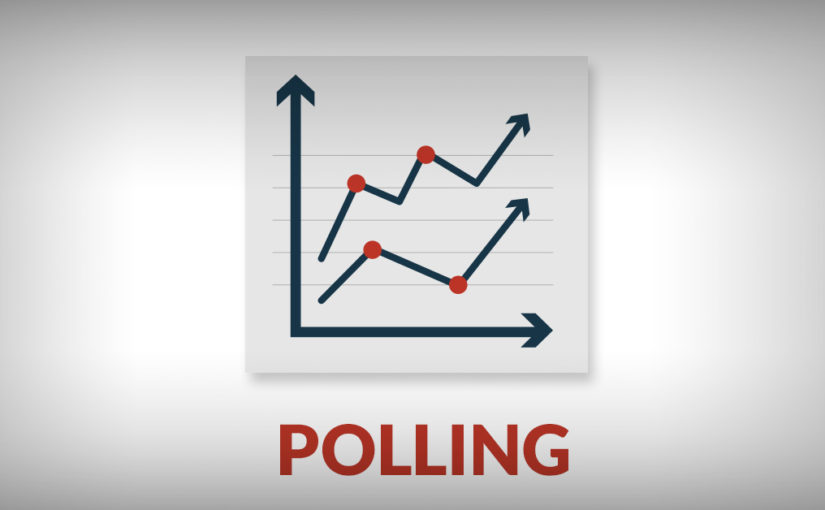Region: National
After Trump
Some day the Trump/Ryan/Pruitt era will end. We need to be ready to move forward.
Fighting the Trump/Ryan/Pruitt assault on environmental protection necessarily absorbs a huge amount of our energy. But eventually, the current conservative stranglehold on the national government will come to an end. Sooner or later, the government will once again come into more environmentally friendly hands. When that happens, we need to have practical, detailed proposals ready …
Continue reading “After Trump”
CONTINUE READINGThe Truth About Environmental Originalism
Scott Pruitt advocates environmental originalism. It means the direct opposite of what he thinks.
Scott Pruitt has taken to talking about environmental originalism – going back to the original intent of our environmental laws. But he’s got the original intent completely backwards. The statutes weren’t intended to protect jobs or grow the economy. They were intended to protect the environment, with cost at best a secondary consideration. This is exactly …
Continue reading “The Truth About Environmental Originalism”
CONTINUE READINGWhen Trump’s Name is Forgotten, His Carbon Will Remain
Much of the carbon from his policies will remain in the atmosphere for centuries.
Given Trump’s desire to increase the use of fossil fuels, it’s no surprise that his presidency will result in increased carbon emissions. Some of the carbon will remain in the atmosphere for centuries, an enduring monument to his presidency and his rejection of scientific facts. Before the election, I took a stab at estimating that impact, based …
Continue reading “When Trump’s Name is Forgotten, His Carbon Will Remain”
CONTINUE READINGPublic Lands Watch: BLM Methane Rule
BLM delays compliance date for certain provisions of the rule
As we reported earlier, the Obama Administration promulgated a regulation restricting the emissions of methane from oil and gas operations on federal public lands. Efforts to use the Congressional Review Act to overturn that regulation failed last month. Now the Interior Department is delaying compliance with certain provisions of the rule indefinitely, citing pending litigation …
Continue reading “Public Lands Watch: BLM Methane Rule”
CONTINUE READINGNational Monuments Update
Interior Department releases interim report, recommends changes to Bears Ears National Monument
Interior Secretary Ryan Zinke released his interim report yesterday on Bears Ears National Monument, recommending that President Trump re-draw the monument’s boundaries. Secretary Zinke’s report misreads both the Antiquities Act and President Obama’s 2016 Proclamation that created Bears Ears National Monument, and any move by President Trump to downsize the monument without an act of Congress …
Continue reading “National Monuments Update”
CONTINUE READINGBoosting Electric Vehicle Charging Infrastructure To Meet Demand
Free luncheon and report release event at UCLA Law on Thursday, June 29th, with keynote by Energy Commissioner Janea Scott
Few clean technologies are as central for meeting climate change goals as electric vehicles. Yet in places like California, which leads the U.S. with approximately 300,000 EVs on the road, the needed charging infrastructure is lagging. Analysts estimate that the state will need as many as 220,000 publicly accessible EV charging ports by 2020 to …
Continue reading “Boosting Electric Vehicle Charging Infrastructure To Meet Demand”
CONTINUE READINGThe Dangerous Politics of Nostalgia
It’s a good idea to look in the direction you’re traveling, not backwards to your past.
In an airport, I recently saw a sign above the moving walkway advising us to face in the direction we were traveling. That’s sound advice for life in general and policy making in particular. It’s a recipe for failure to try to restore the past rather than looking toward the future. Unfortunately, rather than embracing the future, …
Continue reading “The Dangerous Politics of Nostalgia”
CONTINUE READINGVox Populi and the Environment
Is Trump’s attack on environmental law riding a groundswell of public opinion? Apparently not.
Trump is pushing hard to rollback Obama’s climate change regulations, expand the use of fossil fuels, and discourage renewables. Where does the public stand on all this? The answer is that the public is mostly on the other side, but more needs to be done to heighten public awareness. A recent survey conducted jointly by …
Continue reading “Vox Populi and the Environment”
CONTINUE READINGTrump’s Radical Anti-Environmentalism
Trump’s target isn’t just Obama. His rejection of environmental protection goes much deeper.
We often hear about the Trump Administrations’s plans to “roll back Obama’s regulations.” But the Administration’s goals go much deeper. Hyperbole is always a risk when discussing opposing policy views, but to call this Administration a profound threat to environmental regulation is only to echo their own words. When he announced the executive order directing EPA to …
Continue reading “Trump’s Radical Anti-Environmentalism”
CONTINUE READINGWhy Trump’s Faux Withdrawal and Reality TV Announcement May Backfire
Opponents are Galvanized
President Donald Trump’s announcement that he will withdraw the U.S. from the Paris Agreement may have dramatic consequences for his administration – but not in the way he might imagine. His announcement is toothless. The U.S can’t withdraw from the Paris Agreement until the next Presidential election (assuming he makes it to the end). Yet …
Continue reading “Why Trump’s Faux Withdrawal and Reality TV Announcement May Backfire”
CONTINUE READING











